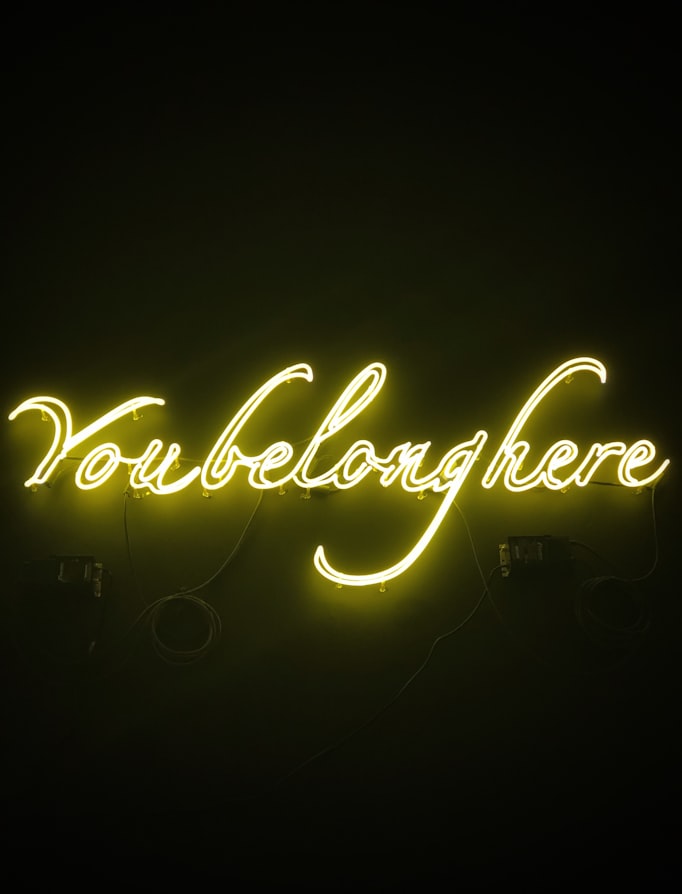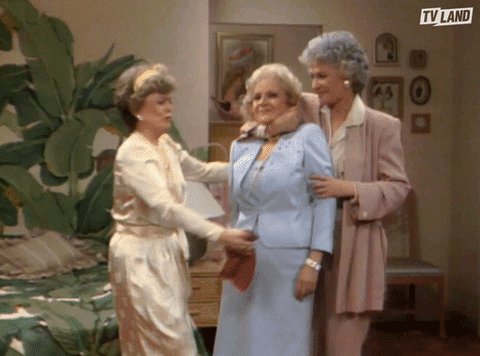 |
| Amer Mughawish |
I read this Outside Magazine article by Brad Stulberg, "It's Okay to Be Good and Not Great", expecting the usual advice about how the search for perfection holds us back. You know, "good enough is good enough", "perfect is the enemy of done", and blah blah blah.
What I got, however, was a powerful call to vulnerability and community.
"Stop trying so damn hard to be invincible, and just be yourself."
If sentences were lasers, this one would have burned a clean, tiny hold straight through every single carefully-placed defence mechanism and right into my big, messy heart.
He is talking about our public personas, be they online, at work, or elsewhere, and the dissonance that comes from projecting some kind of perfect infallibility over reality. It's the loneliness of putting forward a shiny version of yourself in order to gain acceptance and then realizing that it means you'll never get acceptance for the squishy underbelly that needs it most.
I like to think that I'm pretty good at being my "real self" in public--or at least most of my real self. I will write a book about how much I used to hate myself and share the sillier things that make me cry on Instagram, but of course, that's only one kind of vulnerability, it's not the whole package. Like everyone, I have walls and armour and an image I want to project, even if it's one with some strategically-placed "vulnerability", and if I were in the habit of tattooing phrases on my body I would seriously consider adding this reminder to the mix.
Of course, it's not necessarily healthy to share every soft spot on that lil' underbelly with the entire world; that's where IRL friendship and community comes in.
"Perhaps one of the most detrimental consequences of digital technology is the illusion of connection. We think that if we can tweet, post, text, e-mail, or even call someone, we’re good. After all, digital relationships save us the time and coordination of meeting in person, which in turn allows us to be überproductive—or so we tell ourselves. But here’s the thing: nothing can replace in-person community, and our failed attempts to do so come at a grave cost... An increased focus on 'productivity and the cult of busyness,' has led to a sharp decline in deep communities and a rise in social isolation and related mood disorders."
I have realized that the biggest barrier to my core friendships and community is, indeed, all this dang busyness. Everyone's schedules are so packed that it takes a week, 25+ texts, and two reschedules to find a date to get together, and by that point, our plans are booked a month in advance.
This has become especially notable after my recently-acquired singleness. Losing a partner, especially one you live with, doesn't just take the romantic element out of your life and love. It takes away the day-to-day companionship: an actual, physical person to chat with about your days, to share your challenges and successes, to bounce ideas off of, and share casual, yet humanity-affirming, physical contact.
To be perfectly honest, it can be really disheartening sometimes to try to wrestle something resembling this kind of closeness with my busy-busy-busy circle of friends (among whom I am just as busy-busy-busy and equally part of the problem).
On one hand, we are all committed enough to each other to make it work, which is a beautiful thing to consider. We could easily let our lives drift apart, but we don't. Instead, many of my friend groups are trying to find new ways to cut through the busyness and stay more present, usually amounting to automatically-recurring visits carefully planned around everyone's availability.
On the other hand, it means that we are not able to truly be present in each others' day-to-day lives beyond the group chat.
It's hard, but it's worth it.
 |
| Giphy |
Sign up for my email newsletter for a bi-weekly digest and bonus content!
